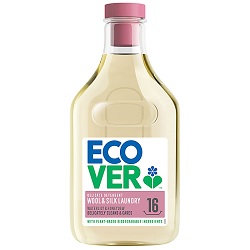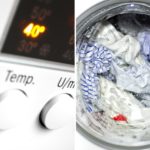People experience temperatures differently, which you’ll know if you’ve ever shared a central heating thermostat with someone. So, when you’re told to wash your clothes on a “cold cycle”, what does that mean?
In the UK, a cold wash is typically 30 degrees Celsius (30°C). Although some machines have cycles as cold as 20°C, this usually isn’t required for most delicate clothes – unless specified. When a “cold cycle” is mentioned, you should assume it’s referring to a temperature of 30°C.
Now that the meaning of a cold cycle has been clarified, I’ll answer more temperature-related laundry queries. I’ll detail which laundry items you should wash on a cold cycle. I’ll also investigate the most energy-efficient temperature to wash clothes at while still getting them clean.
Clothing Care Temperature Symbols
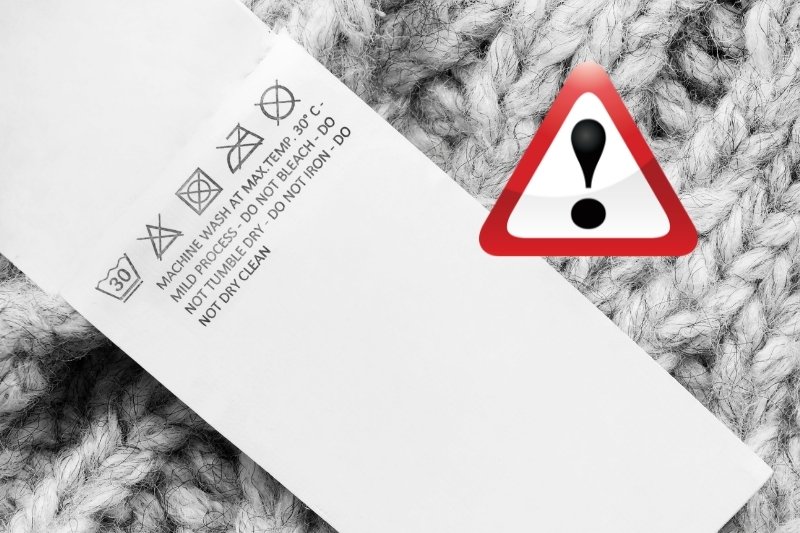
Before going into more depth about clothing care, I should clear up the meaning of clothing care symbols.
Your first glimpse of a clothing label might have you feeling like you’re in the tombs of ancient Egypt, trying to decipher hieroglyphics.
Bring yourself back to the present day with our guide to understanding washing symbols. The most relevant symbols are those that tell you:
- Whether an item is machine washable
- Whether an item can be tumble dried
- Which temperature an item should be washed at
- Whether an item can be ironed
Regarding temperature, a clothing label will show a bucket filled with water and a temperature in degrees Celsius. Typically, the temperatures available are 30°C (cold cycle), 40°C (warm cycle), and 60°C (hot cycle).
Which Laundry Items Should You Wash on a Cold Cycle?
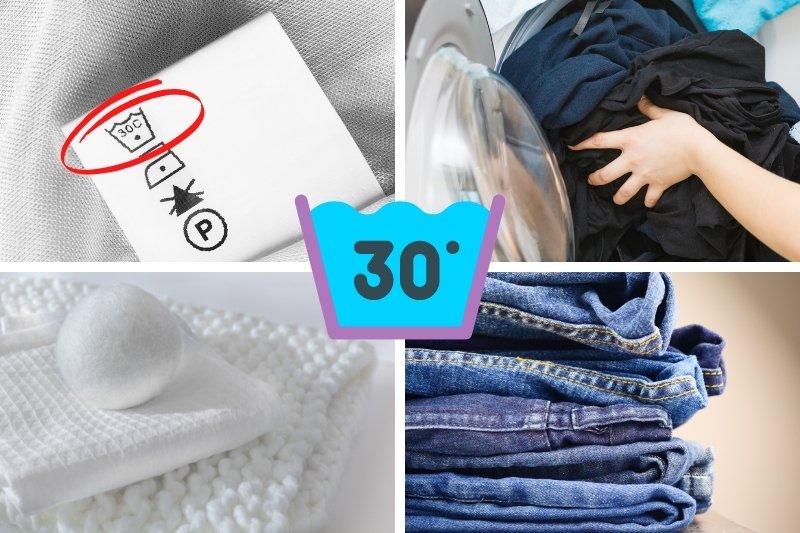
Figuring out which temperature to wash your clothes at shouldn’t require you to pull out the calculator. Thankfully, most fabric items come with a care label that tells you how to wash the item.
- Symbol with “30°C” inside – You should wash your clothing on a cold cycle if the care label on your clothing has a bucket symbol with “30°C” inside it. Ensure there’s no hand symbol involved, though – this means it needs to be hand-washed.
- Dark colours – Generally, dark and coloured items should be washed at a low temperature to avoid dyes running.
- Delicates – Delicate fabrics like wool, silk, acetate, and acrylics should also be washed at 30°C or lower.
- Denim – Denim items like jeans should be washed at a cool temperature and as infrequently as possible.
Can You Wash Everything on a Cold Cycle?
Some people believe that all laundry should be done on a cold cycle to reduce both your energy bills and your environmental impact, as well as keep clothes in better condition.
In fact, one study by researchers at the University of Leeds found that washing clothes at 25°C on a 30-minute cycle let clothes shed fewer microfibres while keeping their colour for longer. They didn’t test for the cleanliness of the clothes, though, so that’s up to your chosen detergent.
You could theoretically wash all laundry on a cold cycle with the right detergent, provided your clothes aren’t really filthy. In a test by Which? magazine, olive oil was the only material that a 20°C wash cycle couldn’t remove, compared to a 40°C cycle.
While 30°C is considered a “cold” wash by default, other organisations, like the EU’s Ecodesign Initiative, consider 25°C or even 20°C the ideal temperature for a cold cycle. The colder you go, the more energy you’ll save and the fewer environmentally harmful synthetic microfibres you’ll shed.
Detergent Recommendations for a Cold Wash

As I mentioned above, it’s up to your detergent to ensure cleanliness on a cold wash. Many detergents claim to be viable for 30-degree washes, but I’m looking for tried and tested detergents that can deliver great results at temperatures as low as 20°C.
1. Ecover Delicate Laundry Liquid
Ecover Delicate Laundry Liquid was is one of the best detergents for cold washes.
It’s got a deliciously subtle waterlily and honeydew scent, and it takes care of delicate fabrics like wool and silk with minimal environmental impact.
This plant-based detergent is praised by most customers for its cleaning power, and, since it’s suitable for both hand washing and machine-washing, it performs admirably at 20°C.
2. Ariel Washing Gel
Ariel Washing Gel is formulated to destroy stains and germs at temperatures as low as 15°C.
Ariel’s parent company, Proctor and Gamble, seems passionate about washing in cold water, with their #washcoldchallenge imploring customers to use cold cycles.
Tests are regularly performed on Ariel detergents, and this gel’s customers are almost unanimous in commending its effectiveness on cold cycles, alongside appreciating its sweet Febreze fragrance.
3. Woolite Laundry Detergent Liquid
Woolite Laundry Detergent Liquid is another detergent that is highly rated for cold washes.
This delicate detergent is suitable for hand and machine washes, comfortable in 20°C temperatures, as one reviewer detailed in his story about washing fragile suit trousers.
Reviewers often mention how well it cleans their clothes at cold temperatures, alongside its good price and pleasant, if understated, smell.
Conclusion
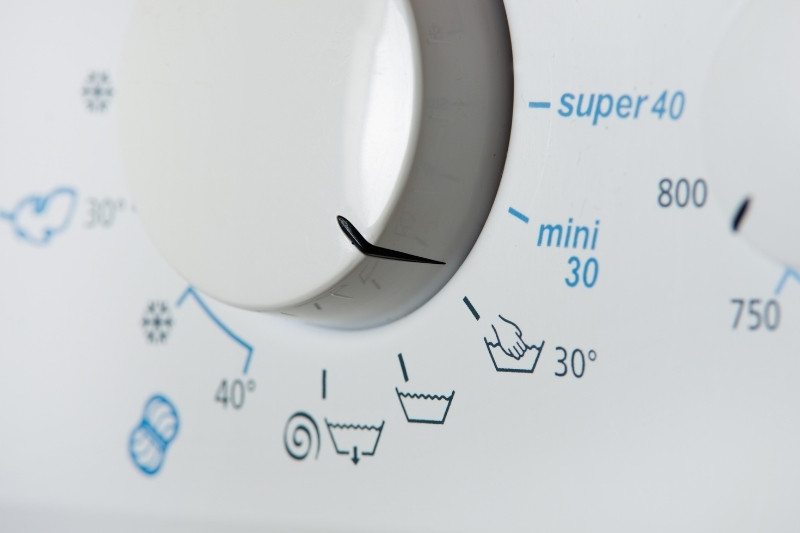
In the UK, a cold wash typically refers to a wash cycle at 30 degrees Celsius (30°C).
However, many washing machines now have dials that go as low as 20°C, since washing at lower temperatures has been proven to reduce microfibre shedding and lower your energy bills.
Washing your laundry on a cold cycle also stops dyes from running or fading and keeps your clothes from shrinking or getting damaged.
You’ll need to select a good detergent that’s viable at lower temperatures to get your clothes clean on 20-30°C washes, but otherwise Which? Magazine showed that 20°C washes remove the same stains as 40°C washes… except for olive oil stains, which are apparently the king of stubborn stains.

A recent uni graduate who likes writing, gaming, and drawing. I’m figuring out housekeeping tips alongside you while trying to provide eco-friendly cleaning options. Let’s find out how to use a tumble dryer together!

